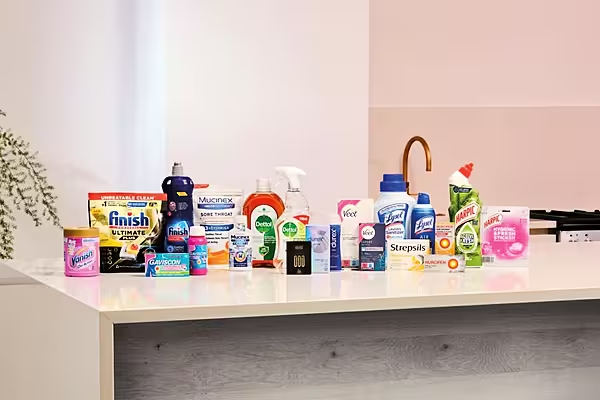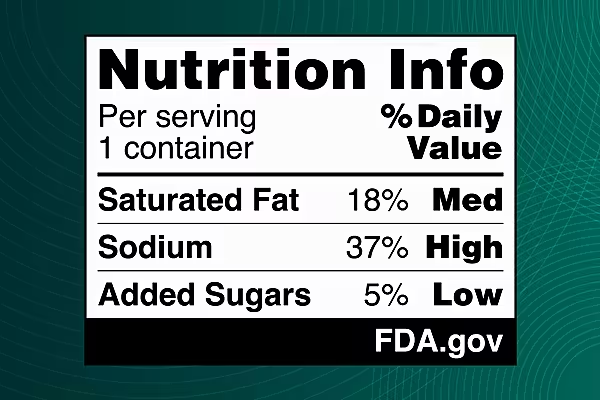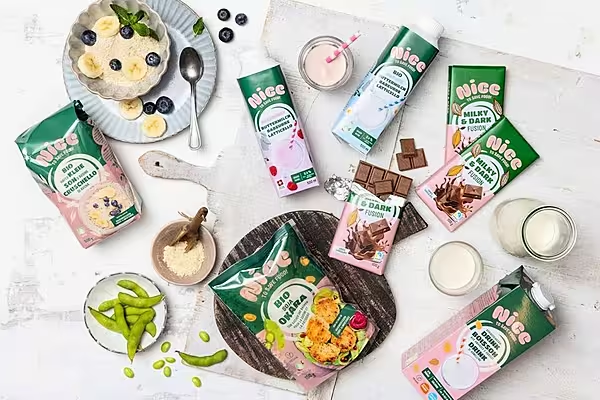FMCG Gurus’ consumer insights highlight that 82% of global consumers say that they have heard of probiotics, indicating a strong recognition of these products and a general awareness of their perceived benefits.
When asked about their associations with probiotics, the majority identified them primarily with digestive health (66%) and immune support (58%).
However, consumers were less likely to recognise other health benefits, suggesting that while the industry has made efforts to educate, there remains a gap in consumer knowledge.
This highlights the importance of not overestimating consumer awareness within the probiotic market, as the primary associations with gut health and immunity—two interconnected areas of wellness—are likely to continue driving purchasing decisions.
Recent Buyers Of Probiotic Products
More than six in ten global consumers reported having purchased probiotics in the past year, although this figure shows a decline compared to two years ago.
Notably, 64% of these buyers have only been purchasing probiotics for less than two years, reflecting a trend similar to that seen in 2022.
This suggests that while consumers show interest in functional health products, they often struggle to maintain consistent use over the long term due to various factors including cost, convenience, and concerns about efficacy.
With a shift in motivations since the pandemic—when health concerns were heightened—current consumers are less proactive about health and more price-sensitive, emphasising the need to convey the effectiveness of these products clearly.
Yoghurt As The Leading Probiotic Choice
Yoghurt continues to be the preferred choice for consumers seeking probiotic products, with a significant percentage citing yogurt drinks as their primary purchase over the past year.
This demand reflects the easy accessibility of these products, alongside the belief that dairy can play a beneficial role in a balanced diet. Notably, there has been a rise in consumer interest in probiotic options within both the cereal and yoghurt drink categories.
The emphasis on health-oriented claims in the breakfast segment suggests that consumers are increasingly focused on healthier morning routines, while the convenience of yogurt drinks caters to those with on-the-go lifestyles.
Motivations Behind Probiotic Purchases
FMCG Gurus’ consumer insights revealed that global consumers primarily seek probiotics to enhance their digestive health and boost immunity.
Notably, between 2022 and 2024, there has been an 18% decrease in the number of consumers purchasing probiotics for general health and wellness reasons.
This shift indicates that consumers are now more inclined to address specific health concerns rather than relying on probiotics for placebo effects, as was common during the pandemic.
The strong association of probiotics with digestive health and immunity highlights the understanding that gut health plays a crucial role in overall disease vulnerability.
As consumers become more discerning about their health and wellness expenditures, it is increasingly important to align probiotic products with their core benefits, ensuring that these advantages are clearly communicated while also educating about the broader range of potential health benefits.
This article is based on FMCG Gurus: Probiotics Trends – Country Reports 2024. For more information, contact info@fmcggurus.com.














